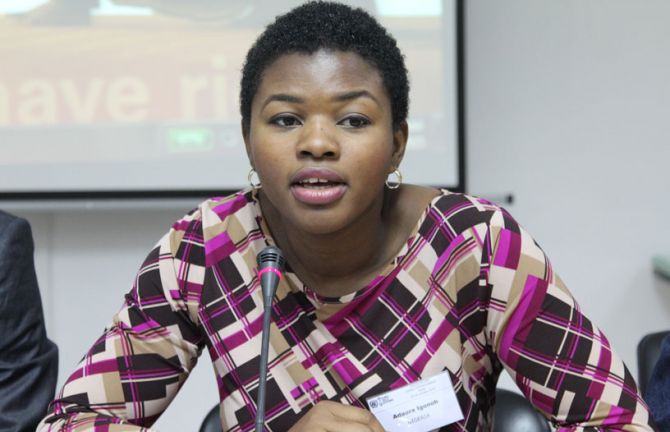

Update
Towards a programme to support Ebola survivors
29 January 2015
29 January 2015 29 January 2015The World Health Organization reports that the Ebola outbreak in West Africa has so far claimed 8800 lives. Almost 500 of the dead were health-care workers. However, the worst is over—fewer than 100 new cases were reported in the week up to 25 January and the international response is now moving from slowing transmission to ending the epidemic.
As the number of new Ebola infections continues to fall in Guinea, Liberia and Sierra Leone, survivors are organizing themselves in associations and groups to facilitate their reintegration and rehabilitation in the community.
Estimates put the number of survivors at between 5000 and 10 000. According to their accounts, survivors are experiencing various forms of stigma from extended family and the wider community. Livelihoods and earning potential have been adversely affected. In the case of children and adolescents, stigma has prevented or inhibited family reunification or placement.
The United Nations Mission for Ebola Emergency Response (UNMEER) held a meeting from 29 to 30 January in Dakar, Senegal, to discuss how the United Nations can integrate a new survivor component into its work and coordinate interagency efforts to ensure that no survivors are left behind. The meeting brought together Ebola survivors from Guinea, Liberia, Nigeria and Sierra Leone and about 50 representatives from the United Nations, including UNAIDS.
It was proposed that support for survivors would extend beyond distributing benefit packages upon leaving a health-care facility and would last for a longer period of time. Initial support might include blankets, cash and food, but mental health and psychosocial support for survivors and their family members could be part of a more comprehensive package.
Quotes
"Survivor stories are valuable now and for future outbreaks."
"We as survivors are the biggest untapped resource in the Ebola response."
“As people who were cured of Ebola, we would like to be fully involved in UNMEER activities.”
“We must learn from the HIV response and focus on a mutisectorial approach that includes civil society and government.”
“The number of survivors increases as cases and infection decline. Over time, a programme for survivors has emerged organically in the absence of a programmatic framework. It is about time for the United Nations to work with survivor communities and constituencies.”



